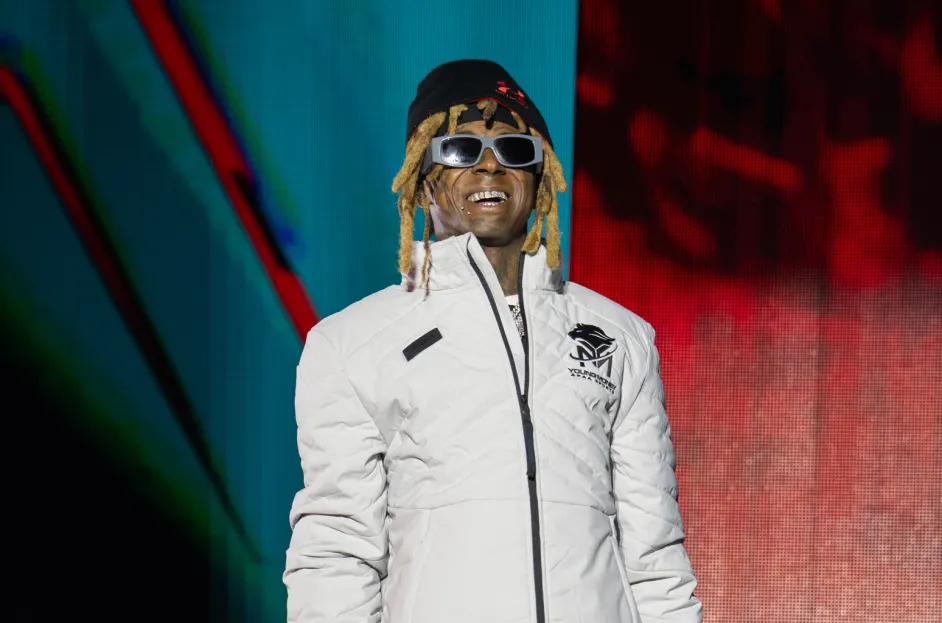Before streaming changed the music game and before hip-hop dominated pop culture with today’s algorithmic pace, there was Lil Wayne—raw, electrifying, and unstoppable. And now, with the arrival of Tha Carter VI, Wayne doesn’t just extend a legacy; he cements one. Much like the late Kobe Bryant, Lil Wayne’s journey is not a fluke or flash of luck—it’s a career defined by longevity, obsession, and the hunger to be the greatest, no matter how high the bar.
Kobe Bryant didn’t become the Black Mamba overnight. He started on the bench, his potential evident but inconsistent. A teenage phenom turned NBA underdog, Kobe didn’t let setbacks define him. He studied, trained, adjusted. He shot four airballs in a single playoff game—then came back sharper, deadlier, more precise. It’s the kind of tenacity that’s rare. And in rap? Lil Wayne mirrored it.
Signing with Cash Money Records at just 11 years old, Wayne wasn’t simply another prodigy—he was a kid with something to prove. By 17, Tha Block Is Hot introduced the world to a fast-talking, fire-spitting wildcard with uncut charisma. But even then, Wayne was still in the shadows, finding his voice while others grabbed the spotlight. Just like Kobe spent his rookie season behind Eddie Jones and Nick Van Exel, Wayne watched Juvenile take the front seat. What came next, however, was a transformation.
For both Wayne and Bryant, the climb to dominance wasn’t lined with endorsements or overnight hits. It was built in silence—studio sessions for Wayne, endless drills and film breakdowns for Kobe. Kobe studied Jordan. Wayne studied Jay-Z. Yet neither stayed in anyone’s shadow for long.
Wayne didn’t just flood the mixtape scene—he drowned it. From Da Drought to Dedication, he gave fans a blueprint for prolific brilliance. Freestyle after freestyle, no pen, no pad, just raw genius. Meanwhile, Kobe went from flashy dunker to five-time champion, delivering clutch performances and redefining the art of basketball leadership. Both were relentless. Both were transformative. Both turned obsession into legacy.
There’s a reason Wayne is often in the Best Rapper Alive debate—and why Kobe sits in basketball’s pantheon. When Kobe dropped 81 points in a single game, it wasn’t just a headline; it was history. When Wayne dropped thousands of bars across Tha Carter series and beyond, it wasn’t just music—it was mastery. Different fields, same ferocity. Both dismantled early criticism and rewrote the expectations of their crafts.
Today, Lil Wayne isn’t just relevant—he’s revered. And not because of nostalgia, but because he continues to deliver. Like Kobe’s final game, a 60-point farewell that felt like poetry in motion, Wayne’s latest music still hits with intensity and clarity. What began as a sidekick role ended in full-blown icon status. No ghostwriters. No excuses. Just greatness.
Kobe chased championships. Wayne chased syllables, cadence, metaphorical perfection. Different courts. Same mentality.
Enjoyed this story? Follow Ravi Rajapaksha for more stories that inform, inspire, and spark conversation !


